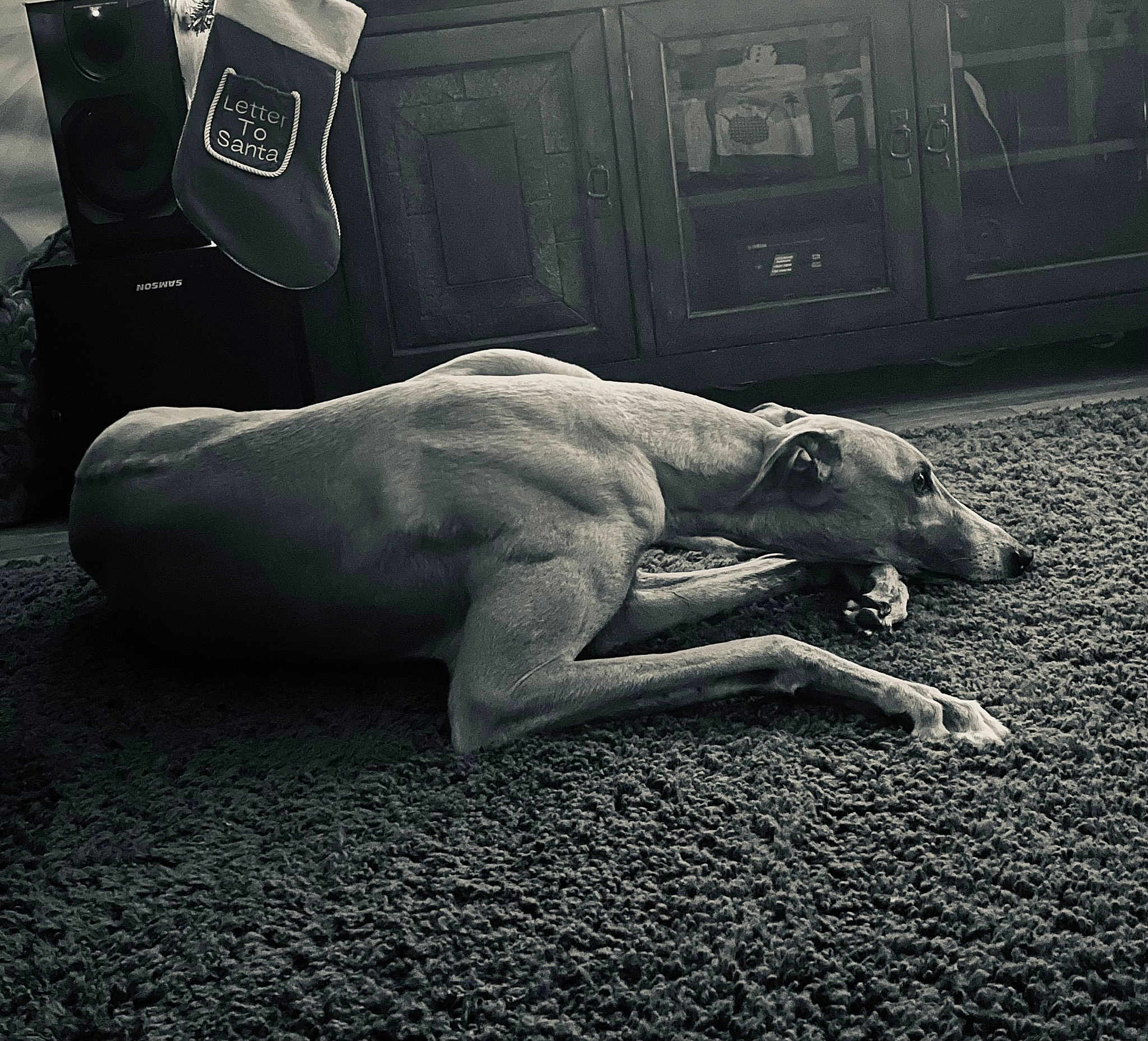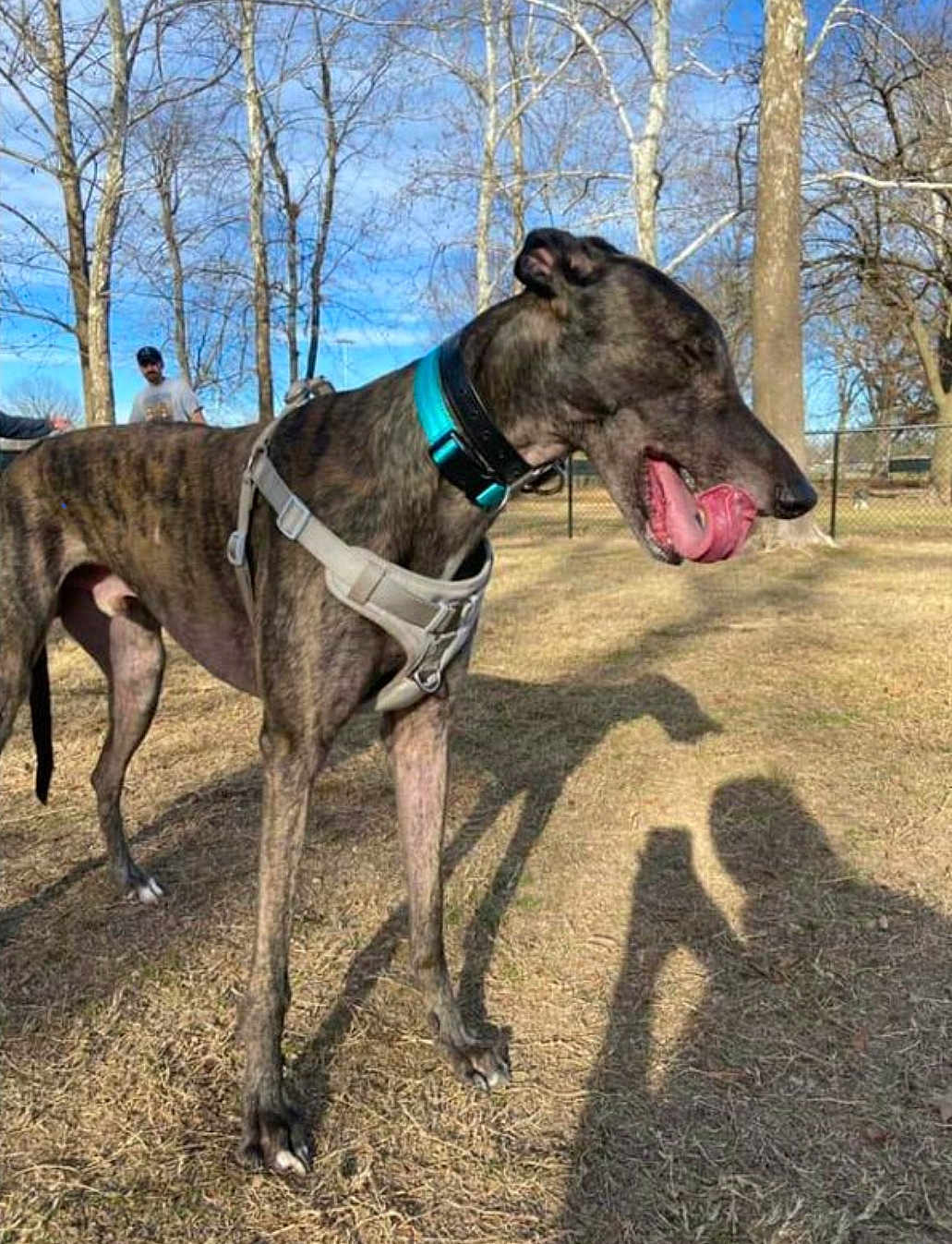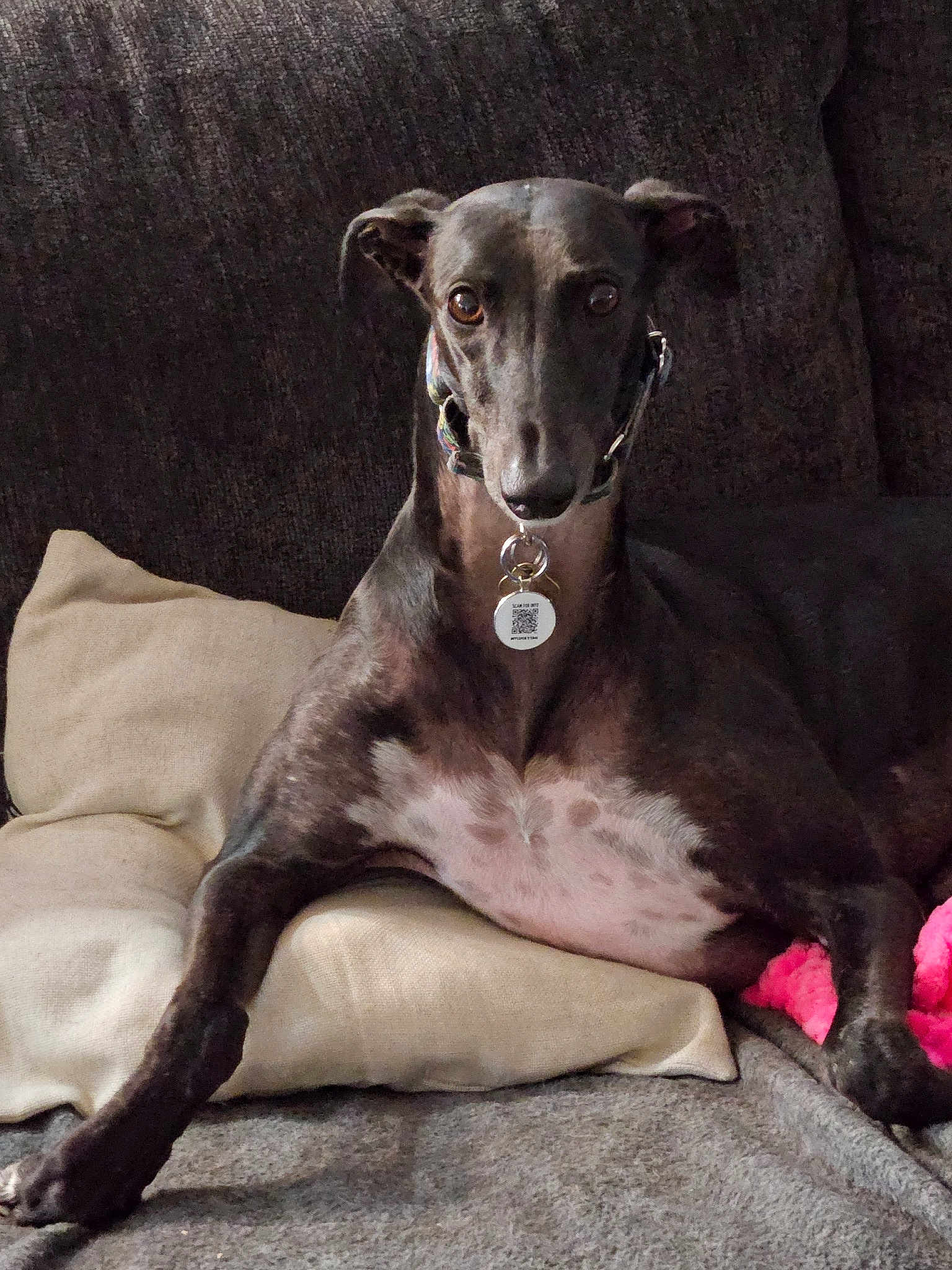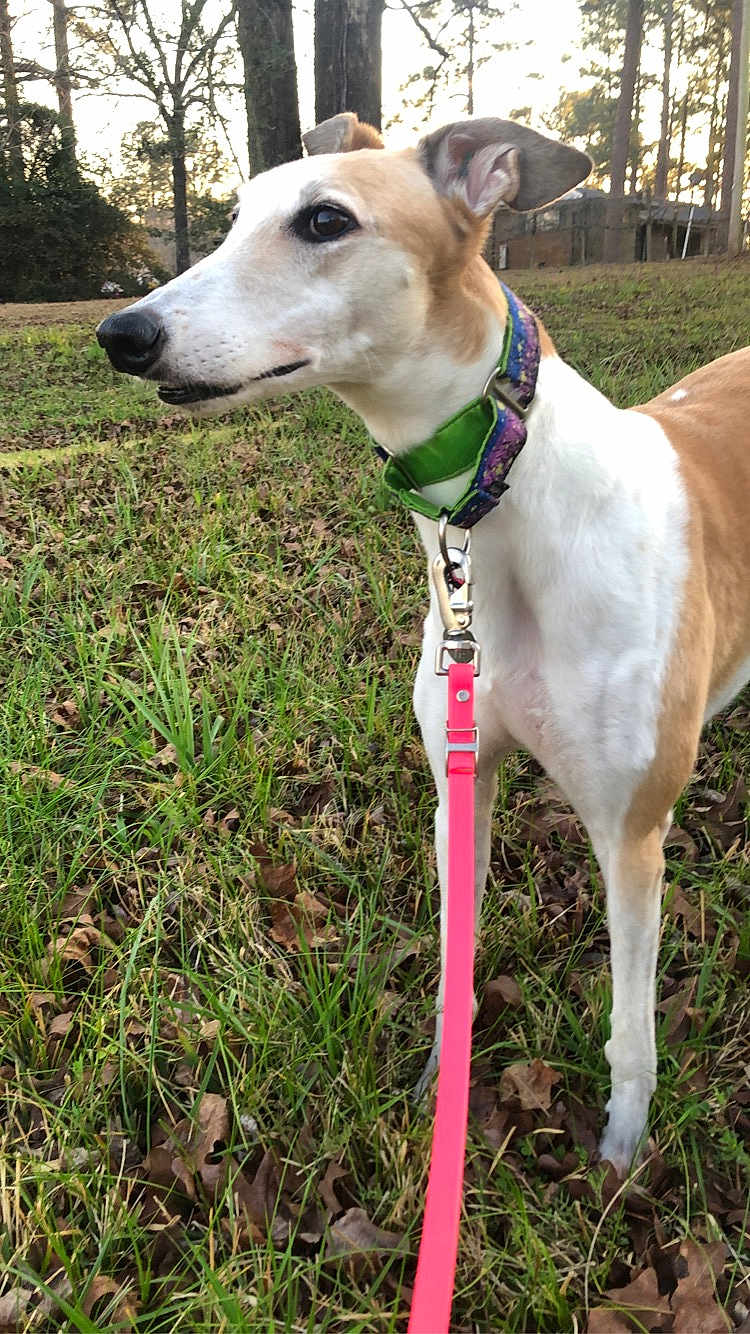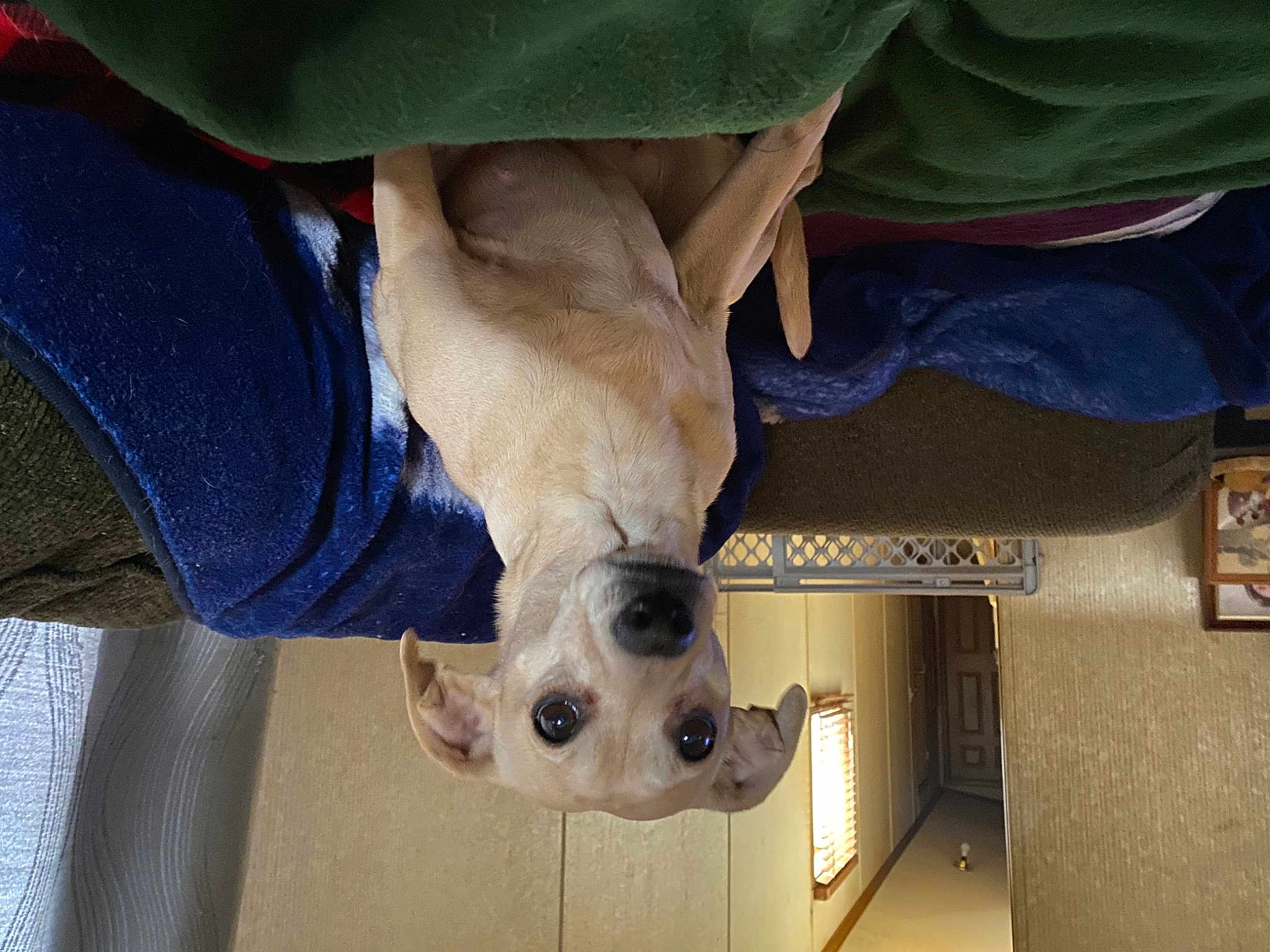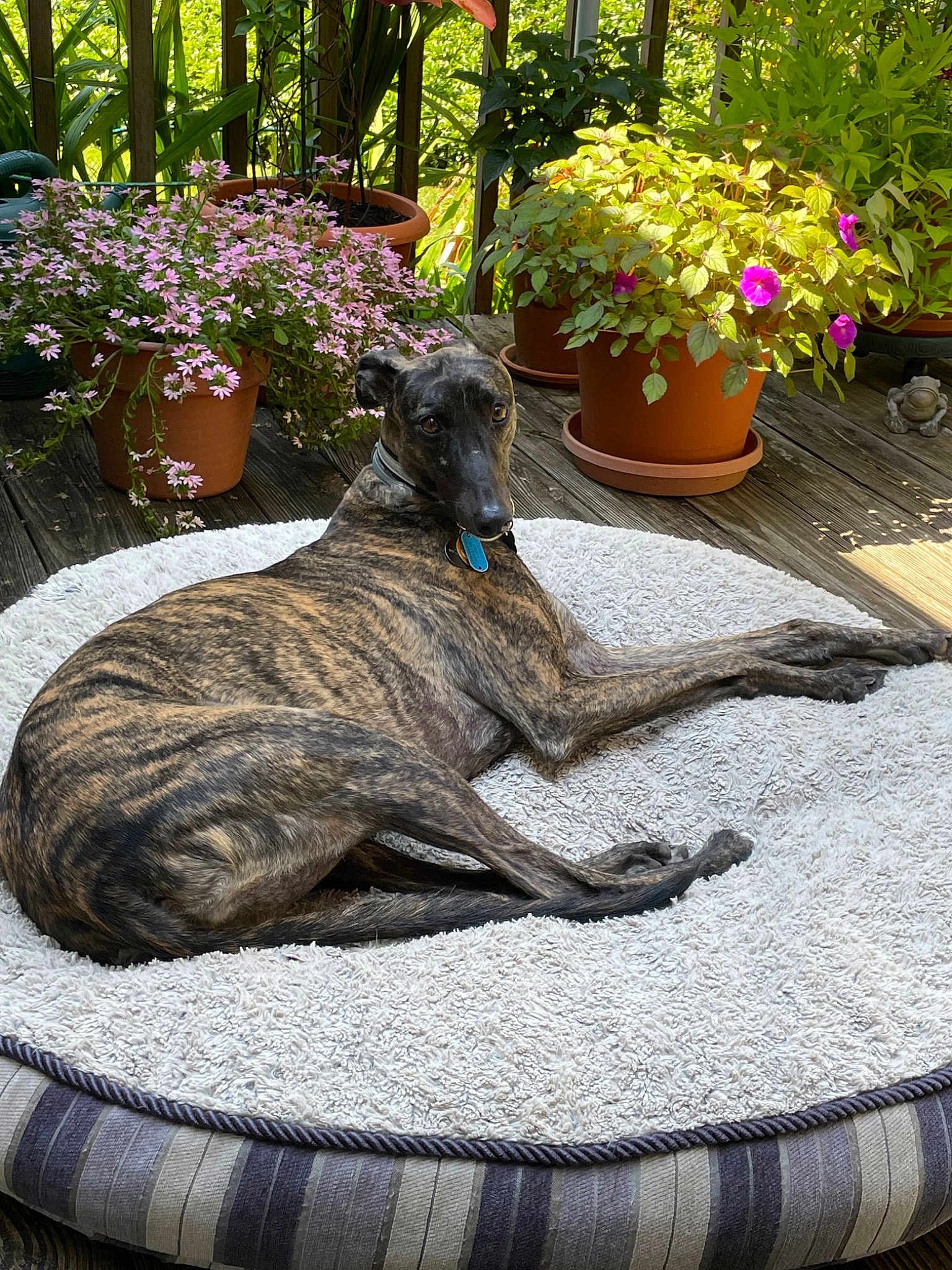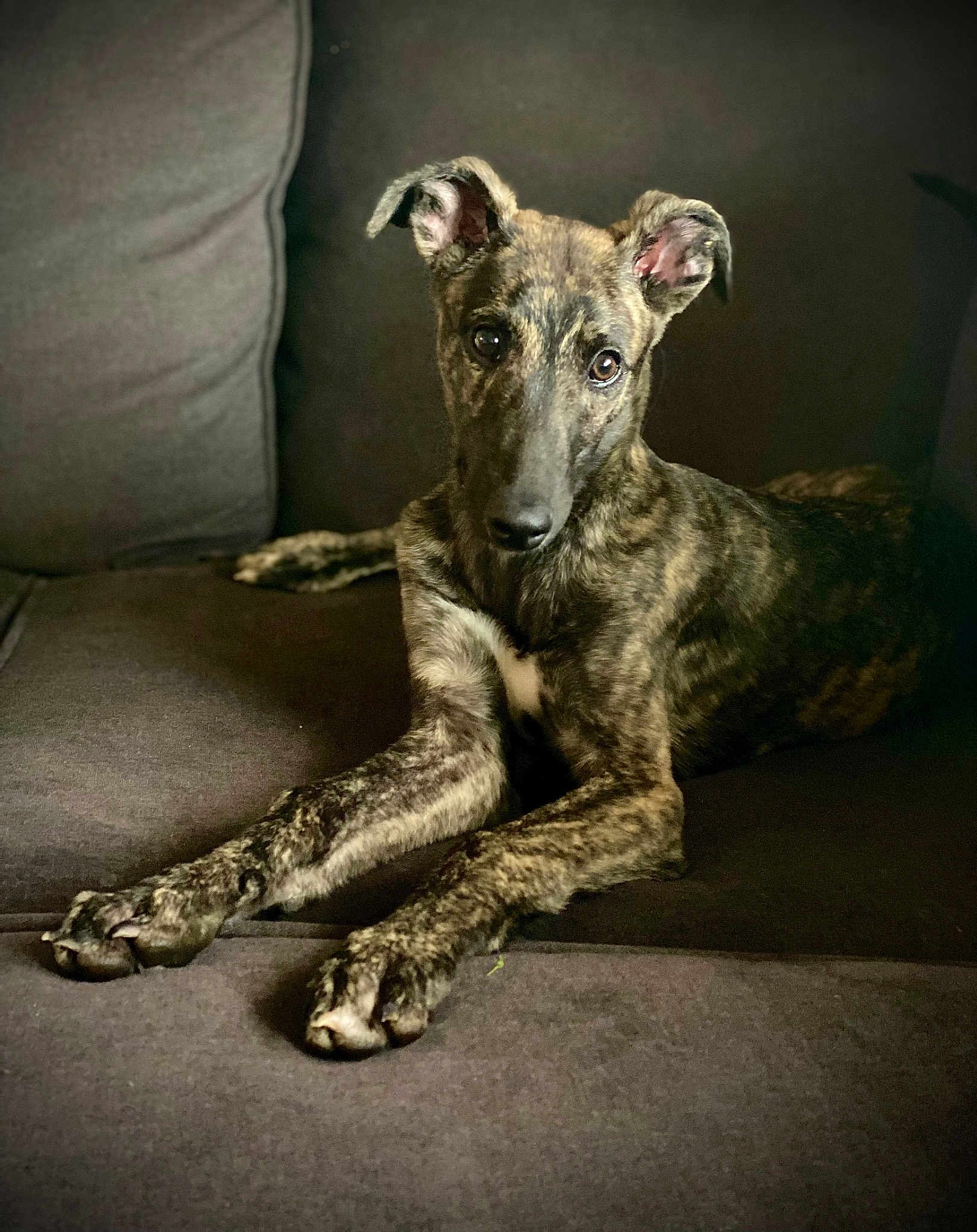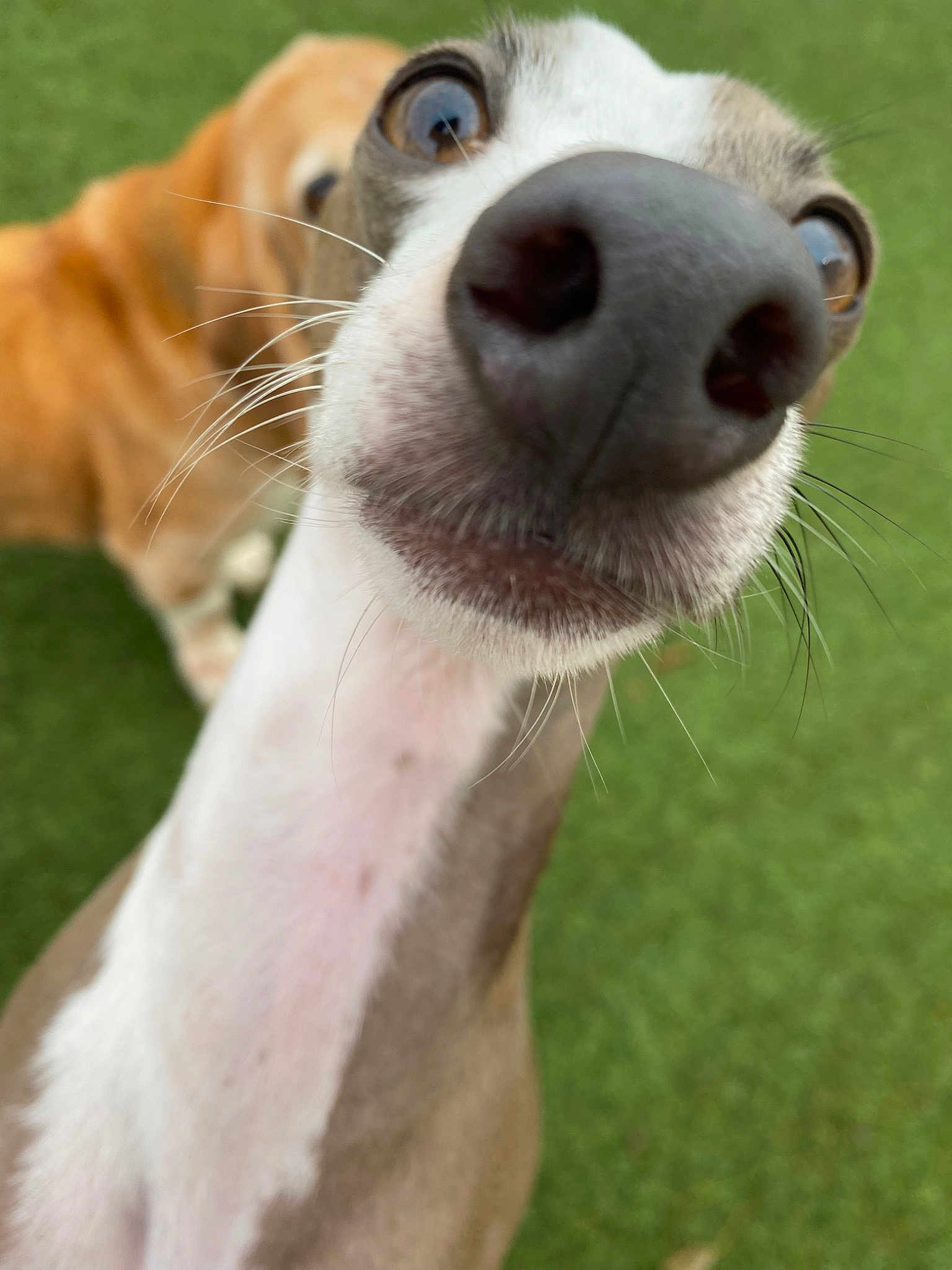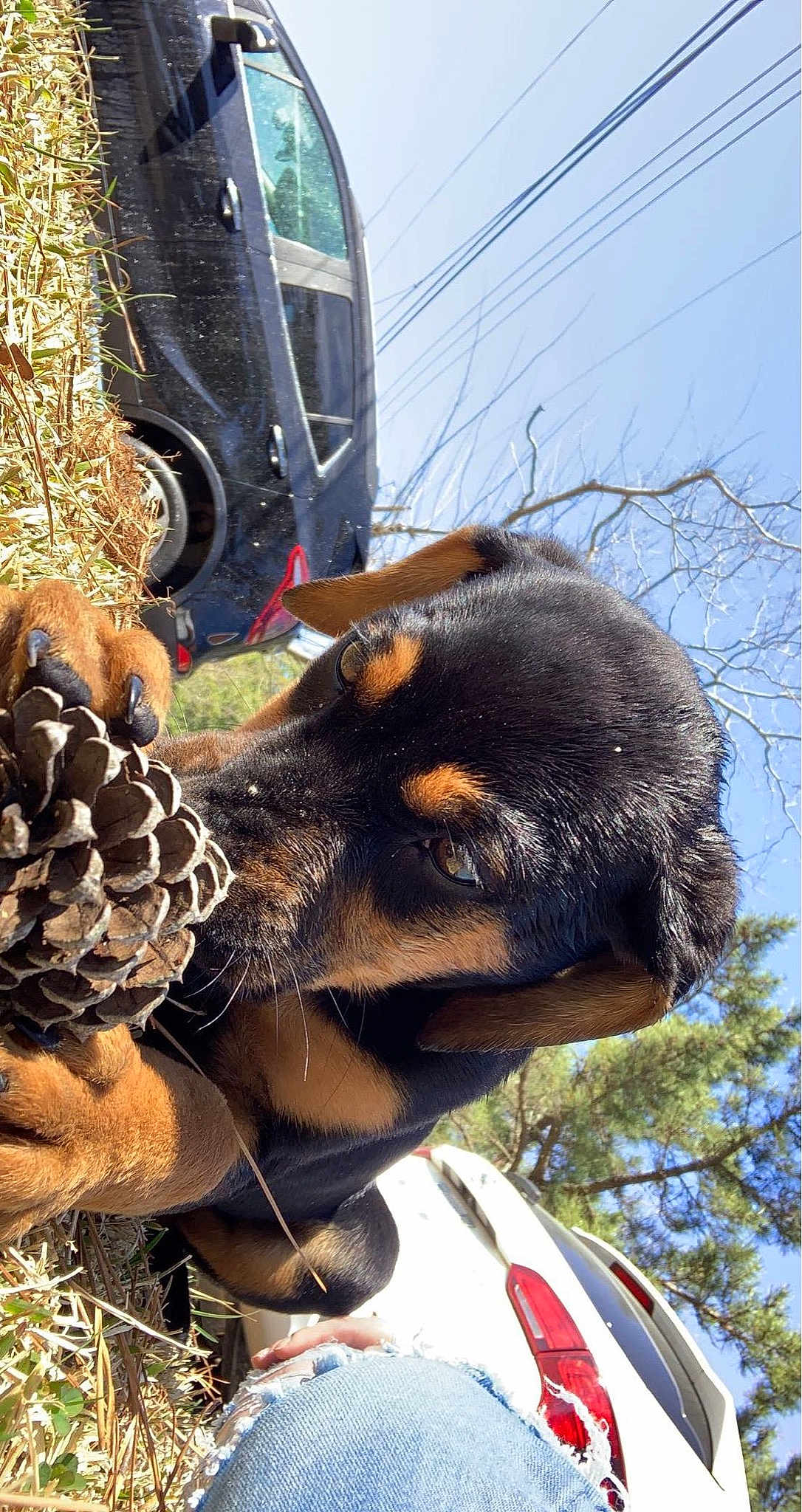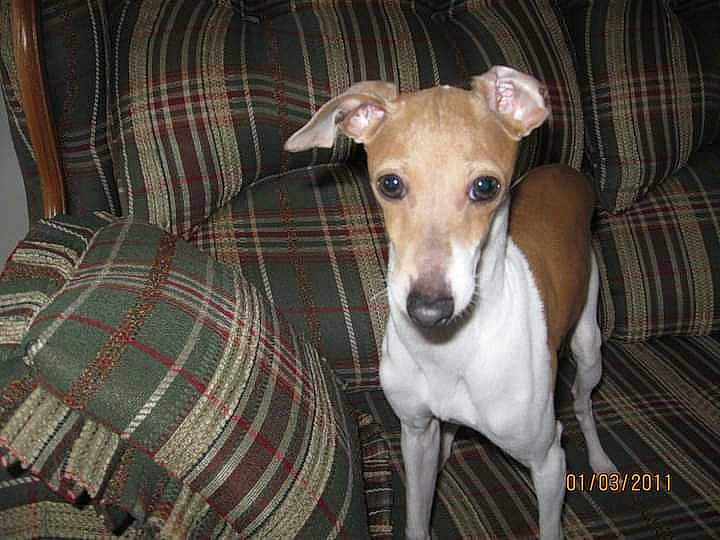
"The Greyhound breed, one of the oldest known dog breeds, is famed for its remarkable speed and agility, often reaching speeds of up to 45 mph."
The world of dog breeds is vast and diverse, offering an incredible array of choices for potential dog owners. Each breed carries its own unique history, personality traits, and special characteristics. Today, we delve into the fascinating world of the Greyhound—a breed that has captivated the hearts of many for centuries.
Personality and Behavior of the Greyhound
Greyhounds are often described as gentle, friendly, and intelligent companions. Despite their athletic prowess on the racetrack, Greyhounds are surprisingly calm and well-mannered in a home setting. Many owners will vouch that these dogs are quintessential couch potatoes, enjoying long hours of relaxation and comfort.
Additionally, Greyhounds are known for their loyalty and affectionate nature. They form strong bonds with their family members and can be sensitive to their humans' emotions. This gentle demeanor makes them excellent pets for families, including those with children.
Moreover, the Greyhound’s temperament is typically quiet and reserved, even in new or changing environments. Their generally placid nature means they adapt well to various living situations, whether it's a bustling urban apartment or a serene suburban house.
"One interesting trait of the Greyhound is that they rarely bark, which can be a surprising delight for those living in close-knit communities or shared housing."
Meanings, History and Origins of the name Greyhound
The name "Greyhound" is believed to be derived from the Old English word "grighund," where "grig" meant "rancorous dog" and "hund" referred to a type of hunting dog. Historical records suggest that Greyhounds date back over 4,000 years, appearing in ancient Egyptian, Greek, and Roman art and literature.
There is a long-standing myth that the name came from the color grey, but Greyhounds actually come in a variety of colors and patterns. This breed has had a significant role throughout history, often symbolizing nobility and prestige in various cultures. For centuries, Greyhounds were treasured by aristocrats and royalty.
The Greyhound was introduced to England during the 5th century by the Celts and quickly became a favorite among the English elite for its impressive speed and refined appearance. The breed's history in the United States is also notable; Greyhounds were one of the first breeds to be recorded in the American Kennel Club in the late 19th century.
Popularity of the Greyhound
Greyhounds have always enjoyed a special place in the hearts of dog enthusiasts due to their rich history and distinctive qualities. However, their popularity experienced a significant boost with the rise of dog racing in the early 20th century. The breed's natural athleticism made them prime candidates for this sport, bringing them into the public eye.
In English-speaking countries, Greyhounds are not only valued as racers but also as lovable pets. The retirements of racing Greyhounds bring opportunities for adoption, giving these dogs a second chance at a comfortable life in a loving home.
In other parts of the world, such as Europe and Asia, Greyhounds are cherished for their majestic appearance and gentle nature. They are often featured in art and literature, further cementing their status as an iconic breed. Global initiatives by various animal welfare organizations have also raised awareness about the adoption of retired racing Greyhounds, helping to increase their popularity worldwide.
Health and Care of the Greyhound
Greyhounds, like all breeds, have unique health considerations. They are generally healthy dogs; however, they are prone to certain conditions such as hip dysplasia, bloat, and heart issues. Regular veterinary check-ups are essential to ensure they remain in peak health.
Due to their low body fat, Greyhounds are more sensitive to temperature extremes. Owners should be cautious in cold weather, providing adequate warmth through doggie sweaters or limiting outdoor time. Conversely, in hot weather, it's important to prevent overheating by ensuring access to shade and water.
Diet is another crucial aspect of Greyhound care. They require a balanced diet rich in proteins and low in fats to maintain their lean physique. Consulting with a veterinarian can help tailor a diet plan to meet their specific needs.
Exercise, while necessary, should be moderate. Greyhounds enjoy running in short bursts, so safe, enclosed spaces where they can sprint out their energy are ideal. Long walks or cozying up indoors should balance their activity regimen.
Training and Education of the Greyhound
Training Greyhounds can be relatively straightforward due to their intelligent and restrained nature. Positive reinforcement techniques, such as treat-based rewards and verbal praise, work exceptionally well with this breed. Consistency and patience are key, as Greyhounds can be somewhat sensitive to harsh corrections.
Socialization from a young age is important to help Greyhounds become well-adjusted adults. Exposure to different environments, people, and other animals can build confidence and reduce any anxiety or timidness.
House training is typically easy given their innate cleanliness. Most Greyhounds also typically acclimate well to crate training, seeing their crate as a safe and secure space.
When training a Greyhound, it's essential to remember their hunting instincts. A strong prey drive can make recall training challenging, so using a leash or a secure, enclosed area for off-leash play is advisable. Specialized training classes or professional trainers experienced with the breed can offer additional support for new Greyhound owners.
Conclusion
Greyhounds are a testament to the diversity and richness that different dog breeds bring into our lives. Their ancient lineage, combined with their gentle, laid-back personality, makes them a unique and cherished breed. At Pageant Dog, we are delighted to see many Greyhounds participating in our contests, showcasing their elegance and charming demeanor.
Selecting the right breed for a dog is a deeply personal decision, influenced by lifestyle, preferences, and even cultural backgrounds. For those who value a blend of grace, quiet companionship, and the thrill of a short sprint, the Greyhound is an excellent choice.
Embracing a Greyhound not only offers a loyal and affectionate pet but also contributes to giving retired racing dogs a fulfilling and loving home. The joys of owning a Greyhound are manifold, making them a rewarding addition to any family seeking a gentle and noble canine companion.










